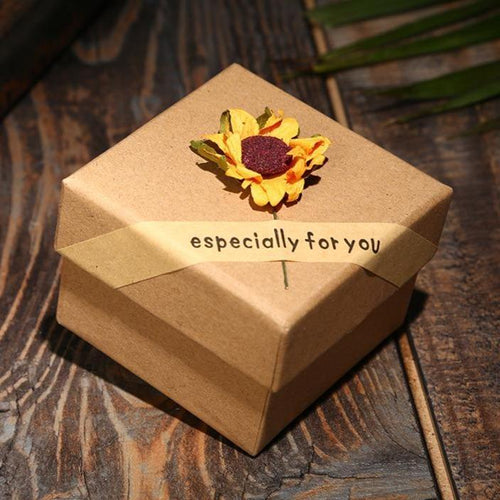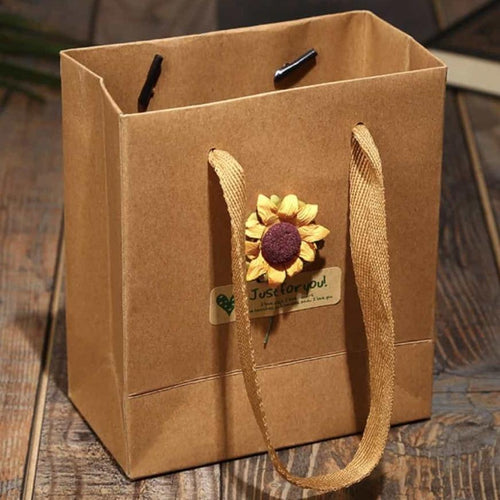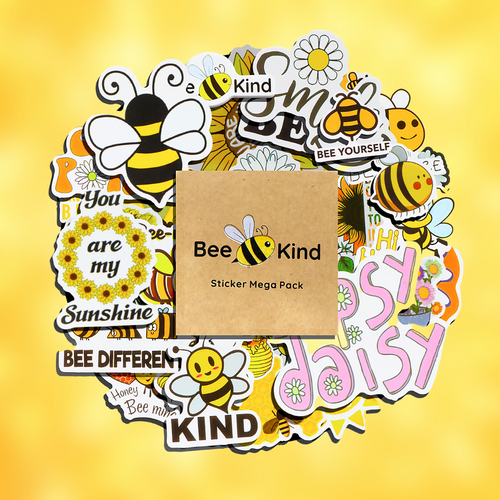Pollen is a very fine powdery substance produced by trees, flowers, grasses, and weeds to fertilize other plants of the same species. Many people have an adverse immune response when they breathe in pollen.
The immune system normally defends the body against harmful invaders — such as viruses and bacteria — to ward off illnesses. In people with pollen allergies, the immune system mistakenly identifies the harmless pollen as a dangerous intruder. It begins to produce chemicals to fight against the pollen.

If you're one of the millions of people who have pollen allergies you may experience sneezing, congestion, a runny nose and other bothersome symptoms in the spring and summer time.
Seasonal allergies — also called hay fever and allergic rhinitis — can make you miserable.
Pollens are microscopic grains that play a key role in plant fertilization. If you’re allergic to specific pollens, being around them can trigger the telltale signs of an allergy attack.
There are several steps you can take to minimize your exposure to pollen:
- Close the windows in your home and car. Keep outdoor pets from bringing pollen indoors. Remove clothes you've worn outside and shower to rinse pollen from your skin and hair.
- Avoid planning outdoor activities for the early morning, when pollen levels tend to peak. Pollen levels may also be elevated on hot, dry, breezy days.
- Vacuum clean every other day. This will help to remove some of the pollen that’s carried inside on people and pets. Mopping the floors will definitely help too.
- If you want to create your own pollinator garden, as we recommend in our article How To Attract Bees To Your Garden, make sure to choose less allergenic plants for your garden. Luckily, plants with colorful or scented flowers—such as the dahlia, daisy, geranium, rose, snapdragon, and tulip—produce heavy, waxy pollen that isn’t made to go airborne. They’re usually a good choice for people with pollen allergies.
- Avoid hanging laundry outside — pollen can stick to sheets, clothes and towels.
- Try to delegate lawn mowing, weed pulling and other gardening chores that can trigger your allergies.
- Use the air conditioning in your house and car.
- Use a portable high-efficiency particulate air (HEPA) filter in your bedroom.
And lasts but not least: don’t forget to see your doctor!
If you have bad seasonal allergies, your doctor may recommend that you have skin tests or blood tests to find out exactly what allergens trigger your symptoms. Testing can help determine what steps you need to take to avoid your specific triggers and identify which treatments are likely to work best for you.
Sources:
1. Mayo Clinic
2. Health grades
3. Healthline
A portion of every purchase at Bee Kind Shop is donated to non-profit organizations that help save bee colonies around the globe.











